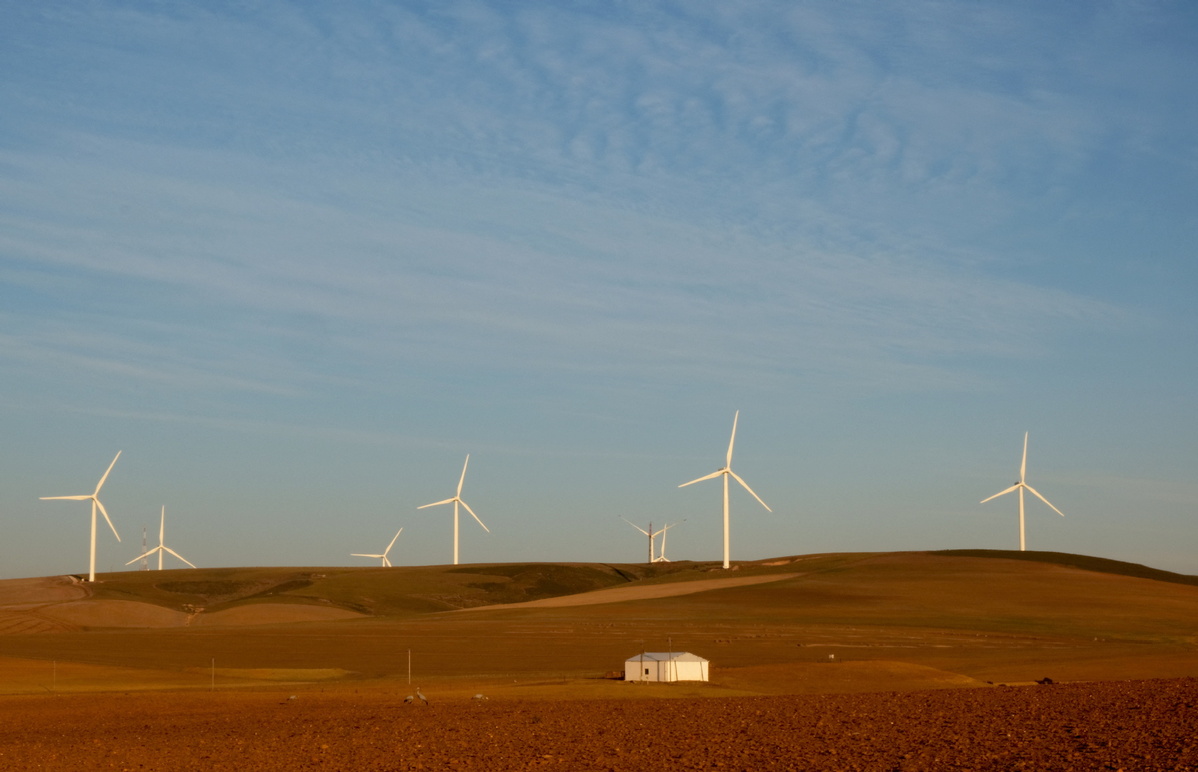Pragmatism needed in African green energy efforts
By OTIATO OPALI in Nairobi, Kenya | China Daily | Updated: 2022-06-17 09:33

The geopolitical shock from the Ukraine crisis has prompted nations to step up efforts on clean energy transition, to shift more quickly from fossil fuels to renewables.
As the ongoing conflict sends fuel and food prices soaring worldwide, causing a major impact on African countries, experts say the situation calls for renewed thinking on the continent's energy access, mix and green transition approach, including the role of natural gas.
Vera Songwe, executive secretary of the UN Economic Commission of Africa; Damilola Ogunbiyi, the UN secretary-general's special representative for Sustainable Energy for All; and Amani Abou-Zeid, commissioner for Infrastructure and Energy at the African Union Commission, issued a joint statement on Africa's energy transition on Wednesday.
They said that while Africa's climate ambition and drive toward net-zero emissions must be relentless, its energy transition cannot be identical to the rest of the world and needs pragmatic solutions.
"The global drive for a green transition and net-zero emissions present African countries with risks and enormous opportunities. At the same time, Africa's energy access and transition must be compelling and must be defined and owned by Africa," the statement said.
"It must reflect Africa's very low contribution to global emissions and comply with the Paris Agreement that recognizes the need for the emissions of developing countries to take longer to peak, while developed countries need to do more and do so urgently."
Data from the International Energy Agency indicates that Africa's average per capita electricity consumption is about 600 kilowatt-hours a year compared with a world average of 3,200 kWh.
In conclusion, the experts said that with the right leadership and support in defining and designing its energy mix, Africa can proceed to attain its development aspirations for a peaceful and prosperous continent that leaves no one behind, while keeping its contribution to climate change at bay.
























